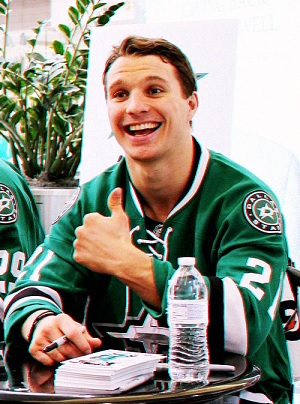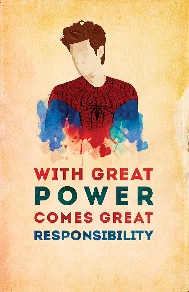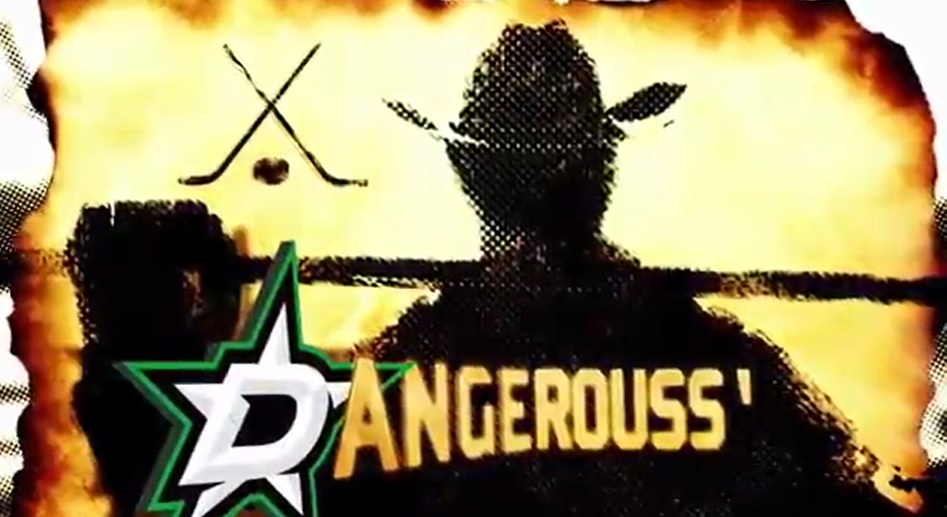#GoAvsGo
The Colorado Avalanche just won the Stanley Cup for 2022. Tampa Bay took them to six games, and for a while I was beginning to think the Bolts were going to pull off a miraculous comeback from being down three games to one (in a best-of-seven series). But the Avs pulled it off.
I should have known. No team has managed to win the Cup three years in row since the early 1980s – forty-some years ago. Today, such a feat would be all but impossible; major kudos to Tampa Bay for coming so close. In the past few decades, the National Hockey League has instituted a few rules intended to keep the game competitive and prevent the sort of dynasties which used to be the norm. The downside of such dynasties, of course, is that for every team coasting alone eternally on top, there are several at the bottom without much chance of improving in a timely manner. Some didn’t survive at all.
There were 21 teams in the 1980s. If you weren’t the NY Islanders or one of the teams from Canada, however, there wasn’t much point in even lacing up your skates. The 1990s got a little better, but teams continued to fold up in one city and move to another, hoping for better results and a stronger return on owners’ investments. Teams able to generate enough revenue stayed on top, while teams not already in the upper echelons struggled even to exist.
As it turned out, unrestrained “capitalism” wasn’t that good for hockey as a whole – not for the fans, not for the players, and not even for the teams riding along at the top. With less competition, teams and players had less reason to get better. Those on top didn’t really have to, and those on bottom often lacked the resources to effectively compete.
Sound familiar?
True Meritocracy
From 2006 (a year whose significance I’ll explain in a moment) to 2022, on the other hand, the Stanley Cup has been awarded seventeen times. Eleven different teams have claimed hockey’s top prize in that time span, none of them more than three times and never more than twice in a row. Ten more teams made it to the finals at least once during that time frame, meaning more than two-thirds of all NHL teams (there are currently 32, but two of those have been added in the past few years) have had the Cup within their reach since George W. Bush won a second term.
Every single team that existed in 2006 has made it to the playoffs at least four times – one season out of four. It’s genuinely unpredictable from year to year who’s going to make a serious run.
The Montreal Canadians (bless their hearts) made it all the way to the finals in 2021 but didn’t even make playoffs this year. My Dallas Stars (who live to hurt me) made it all the way to the finals in 2020, didn’t make it into the playoffs at all last year, then squeaked by to lose in the first round this season. The Vegas Golden Knights recently fired their coach after not making the playoffs for the first time in their existence. They’d made it all the way to the finals in their first season as a team (2017-18), so expectations were a bit high.
In short, there are no teams whose fans have no reason for hope ever again, and no teams able to feel particularly secure about their place in the hockey hierarchy – at least not for long. There’s simply too much equity in the league.
Salary Caps and Floors
In the early twenty-first century, the NHL wanted to institute a cap on player salaries which would be tied via fancy math to league revenues. Players, some of whom had been making pretty good money under the old system, naturally resisted. The resulting dispute ended up cancelling the entire 2004-2005 season. Plus, people said hurtful things to one another and days grew dark and cold.
In the end, the players, owners, and league emerged with a compromise in which each season the league places a cap on how much each team can spend on player salaries IN TOTAL. There’s no individual limit, but even with star players on your roster, you have to have enough warm bodies with sufficient talent to compete. Connor McDavid makes more than Colton Sceviour, but it would be difficult for any other team to outbid for his services (even if he didn’t have a lengthy contract) without sacrificing key pieces of their own. The cap forces a rough equity between teams without preventing top talent from making big, big money.
With the cap came a salary MINIMUM as well. Some teams (*Toronto*cough*cough*) had discovered that they could fill their roster with the cheapest players possible and still pack stadiums despite rarely winning a game. That doesn’t work anymore; the system requires each team spend at least a set amount of dollars on player salaries each year.
Team members who are injured still get paid. Weak players can’t simply be fired until their contract with the team expires, meaning there’s great motivation to work with players to help them improve their game rather than simply cutting them loose. If traded, the terms of a player’s contract must be fulfilled by the receiving team.
Teams are “protected” under league rules as well. As with most sports, the system by which draft picks are selected each year favors the worst-performing teams. While there’s still an element of chance in the mix, struggling teams largely snatch up the best up-and-coming players, thus ensuring that more often than not, they’ll be back in the hunt within a few seasons. In the meantime, their fan bases have hot new talent to be excited about and buy tickets and merchandise for.
It’s still possible for individuals to fail or for teams to collapse. It’s just that there’s so much more genuine opportunity for them to succeed before that happens.
A Bigger Zamboni
It’s funny the league has evolved this way, since when it comes to life off the ice, we’re constantly assured that anything designed to promote equity, or to “level the playing field,” or to promote opportunity, must do so by damaging quality and punishing success. It’s become something of a religious doctrine among many Americans that those on top become effectively untouchable by ethics, the legal system, or the business cycle, while those at the bottom deserve whatever they get.
To rationalize such convictions, we insist against all evidence that anyone willing to make the effort can rise to the top. Just as weirdly, we teach in economics and history classes that those who’ve reached elite status can easily fall based on poor choices or other changes in circumstances. We ascribe hard work and good decisions even to their offspring and their offspring’s offspring, no matter how little they accomplish or what damage they do. In so doing, we must repeatedly deny the reality around us. (Fortunately, Americans are particularly gifted at such things.)
Professional athletes are, by definition, the best of the best. Most work very hard to get to where they are and even harder to stay there. It would seem only logical that the same sort of laissez-faire competition apply within their respective fields. What better place for pure Social Darwinism to provide us with the maximum amount of entertainment through excellence?
Except it doesn’t – not fully. Competition is still central to pro sports, both individually and as teams. But within that framework are guidelines which ensure the sport remains competitive – that last year’s success doesn’t automatically translate into this year’s dominance with less effort and without fresh new accomplishments. In short, the NHL, like many professional sports leagues, applies a healthy dose of socialism to its rules in order to benefit the whole.
Nothing symbolizes this better than the Stanley Cup itself, awarded to the winning team each year and inscribed with their names. They may do with it as they please for the next twelve months, but come next spring, it’s up for grabs again. This year’s success is insufficient to secure next year’s rewards. Your name will remain on the Cup for a time, but eventually even that will be replaced by a new generation. There are no Trumps, Hiltons, or Kennedys in hockey.
Dogma vs. Data
So, to recap – a relatively free system of capitalist hockey was replaced in 2006 by strict rules regarding team spending, strong worker protections, and policies to ensure that genuine competition exists each season. Being on top no longer gives you the power to lock in the best talent indefinitely or crush the guys on the bottom in any sort of lasting way. Being on bottom means you get extra help from the system to improve. The most successful workers are certainly rewarded, and those who don’t perform will eventually lose the gig. But both rising and falling take time, and no single owner or coach or general manager can make or break a player for an extended time using their positions or their checkbooks.
Like I said – socialism. Heavy bureaucratic regulation inflicted from what is essentially a central government and a workers’ union with enough power to shut down entire seasons if unhappy with the terms being offered. Restrictions on “success” and rewards for “failure.” Surely hockey as a sport has become a shallow mockery of its former self since 2006!
Except that it hasn’t. Viewership continues to trend up year after year. Ticket sales are strong in almost every market. Players get better and better with every wave of young talent; moves which used to be reserved for skills competitions or YouTube videos are becoming normal parts of the game. Somehow, all this “regulation” and oppressive “limits” have made hockey better – for fans, for players, for markets, for media, for everyone.
Hockey is not the economy at large, and professional athletes aren’t the guy trying to keep his shop open over on 11th street. It’s a limited analogy, to be sure. But in a market and a business model which literally relies on competition and allowing the best to rise to the top in order to maintain both credibility and profitability, experience suggests that reasonable limits and regulations designed to protect workers within reason, promote a degree of equity and ongoing competition, and limit the ability one generation’s “winners” to pull up the ladder and hide in their treehouse, might actually be good for the game as a whole.
Just something to think about.




